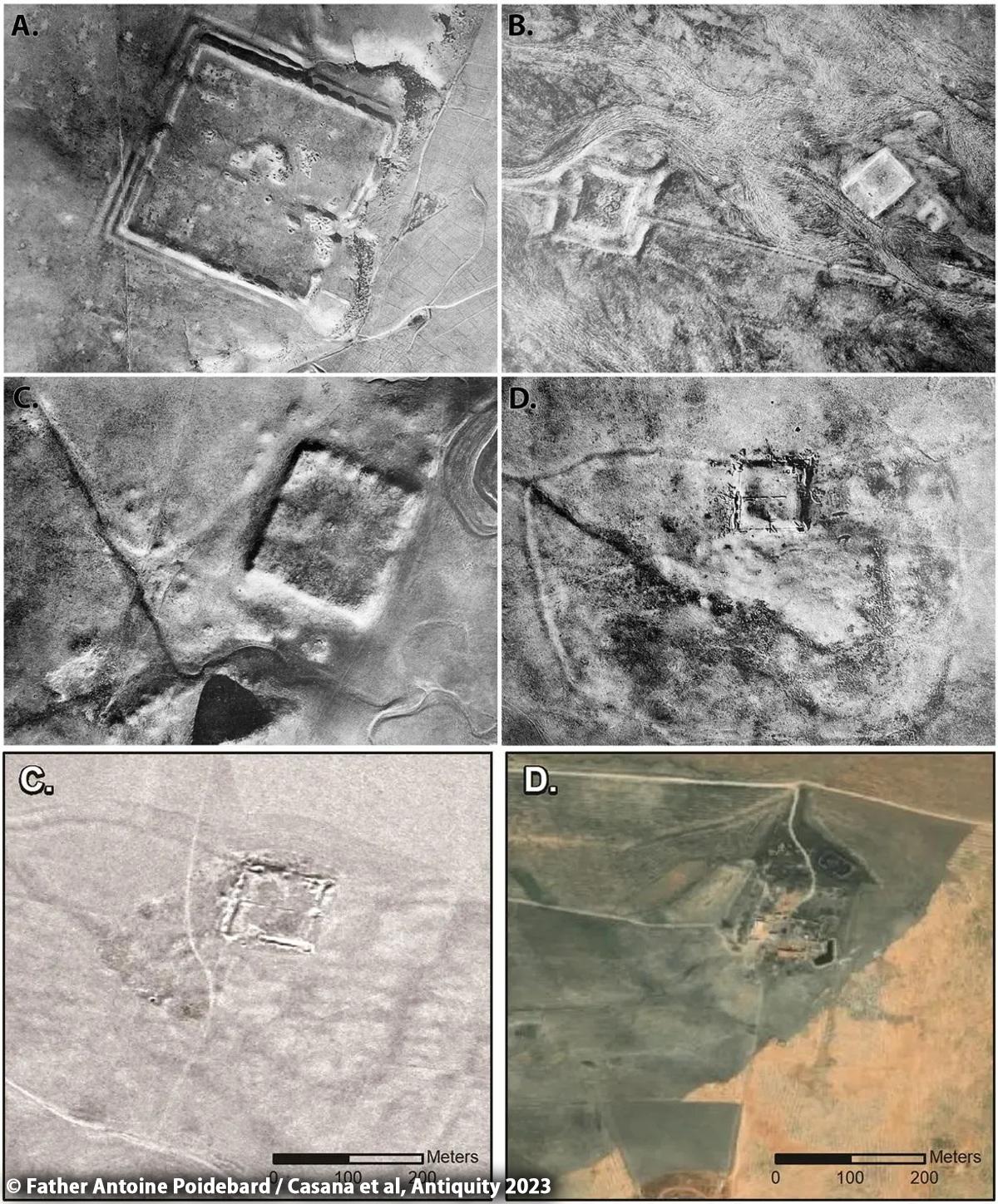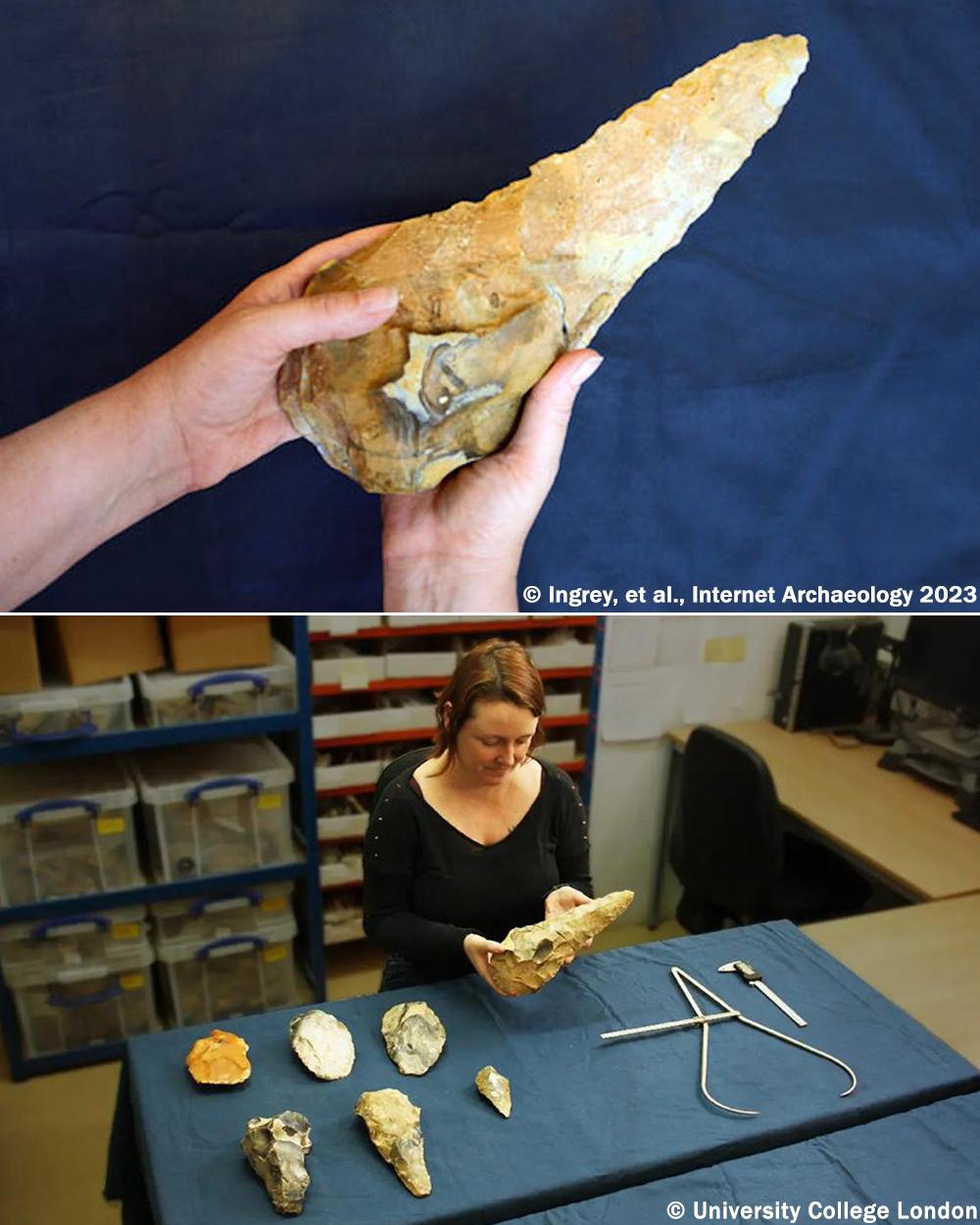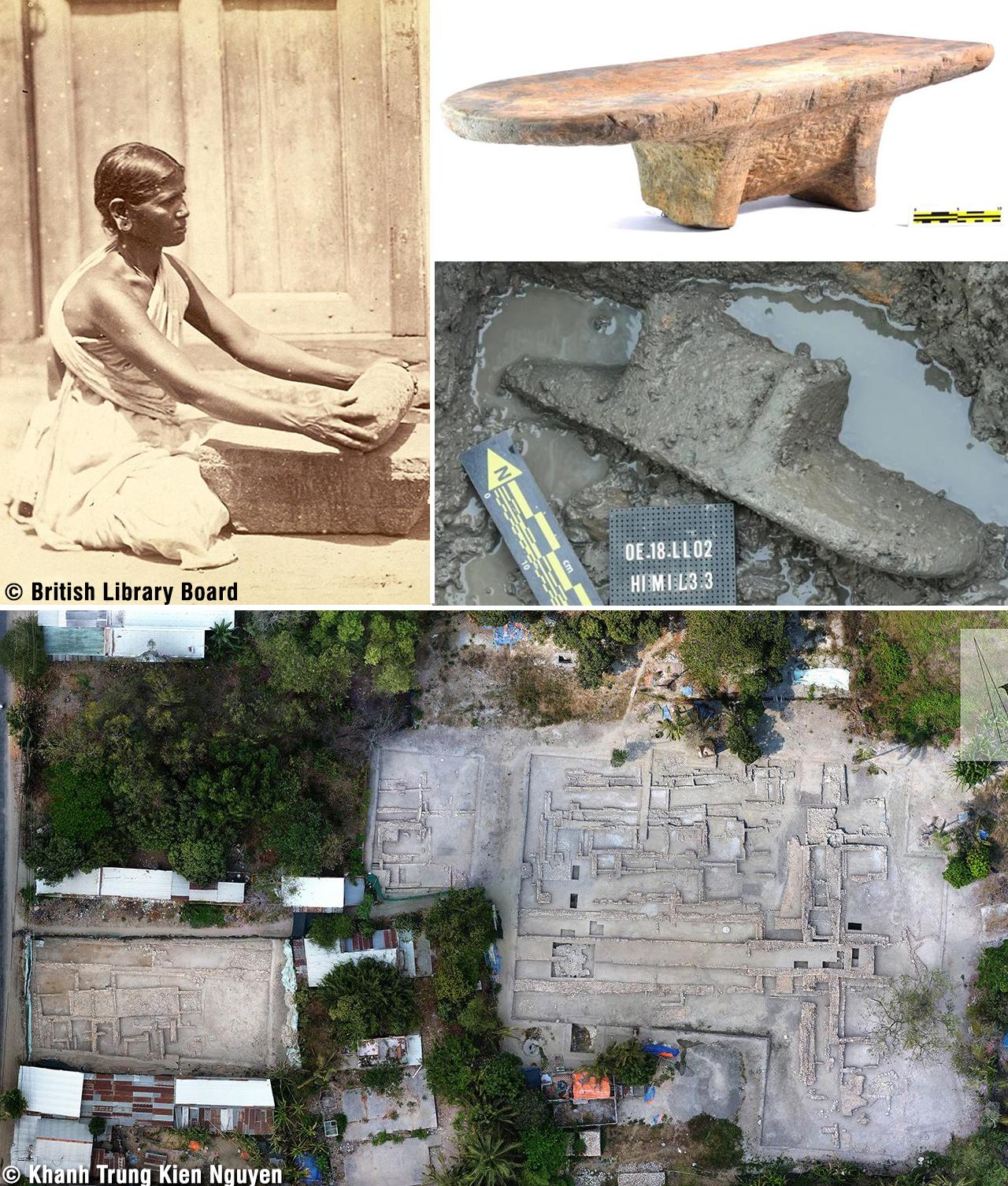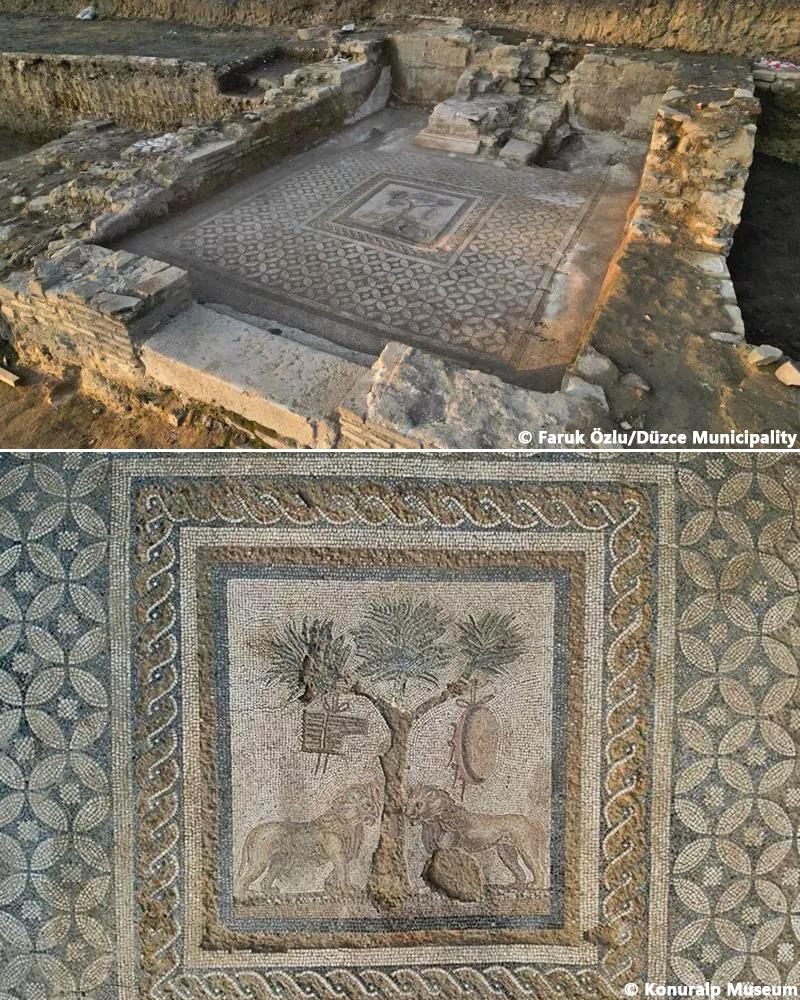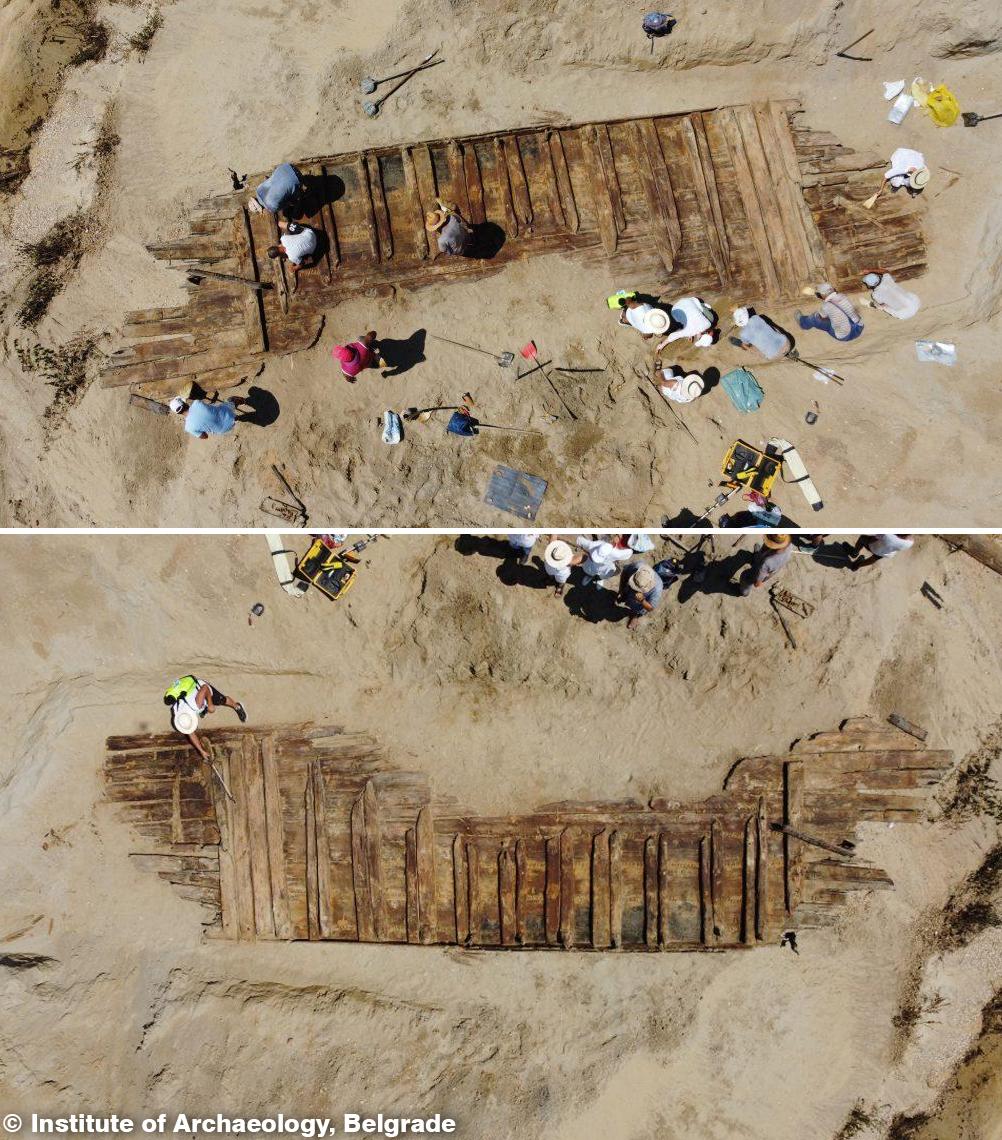In the annals of history, the Roman legions stand as formidable symbols of military prowess and conquest. The wars of Gaul, waged by Julius Caesar in the mid-first century BC, were pivotal in expanding Roman dominion over ancient Europe.
Unveiling the Skull of a Roman Legionary from the Wars of Gaul
In the annals of history, the Roman legions stand as formidable symbols of military prowess and conquest. The wars of Gaul, waged by Julius Caesar in the mid-first century BC, were pivotal in expanding Roman dominion over ancient Europe. Amidst the tumult of battle, countless soldiers perished, their stories lost to the sands of time. However, recent archaeological discoveries have unearthed tantalizing glimpses of this ancient conflict, including the skull of a Roman legionary who met his fate during the wars of Gaul around the year 52 BC. Join us as we delve into the mysteries surrounding this ancient artifact and explore the turbulent era of Roman expansion.

The Discovery of the Legionary Skull
The skull of the Roman legionary, dating back to the first century BC, was discovered amidst the ruins of ancient Gaul, providing a poignant reminder of the human cost of conquest. The circumstances of the legionary's death remain shrouded in mystery, yet the skull bears unmistakable signs of the violence and chaos of ancient warfare. Experts believe that the legionary likely met his end in the heat of battle, his death instantaneous amidst the clash of swords and the thunder of war.
Unraveling the Mysteries of Roman Warfare
The wars of Gaul were a defining chapter in the annals of Roman military history, as Julius Caesar's legions clashed with the tribes of ancient Gaul in a struggle for dominance. The discovery of the legionary skull offers a rare glimpse into the realities of ancient warfare, shedding light on the harsh conditions faced by Roman soldiers on the frontlines. As we examine the skull for clues, we gain insight into the tactics, weaponry, and brutality of Roman conquest, painting a vivid portrait of life and death on the battlefield.
Honoring the Sacrifice of the Fallen
The skull of the Roman legionary serves as a solemn tribute to the countless soldiers who perished in the wars of Gaul, their names forgotten by history but their sacrifice immortalized in stone and bone. As we pay homage to the fallen, we are reminded of the human toll of conquest and the enduring legacy of those who fought and died in service to the Roman Empire. Each skull unearthed by archaeologists is a poignant reminder of the fragility of life and the resilience of the human spirit in the face of adversity.
The Legacy of Ancient Discoveries
The discovery of the legionary skull is just one example of the wealth of ancient treasures that continue to be unearthed by archaeologists around the world. From the battlefields of Gaul to the ruins of ancient cities, each discovery offers a window into the past, allowing us to connect with the lives, struggles, and triumphs of our ancestors. As we study these artifacts, we gain a deeper understanding of our shared human experience and the forces that shaped the world we inhabit today.
Reflecting on the Past
In conclusion, the skull of the Roman legionary from the wars of Gaul stands as a poignant reminder of the human cost of ancient warfare. As we contemplate the mysteries surrounding this ancient artifact, we are reminded of the enduring legacy of those who came before us and the sacrifices they made in pursuit of power and glory. In honoring the memory of the fallen, we pay tribute to the resilience and courage of the Roman legions and the indelible mark they left on the pages of history. As we continue to unearth ancient discoveries, may we never forget the lessons of the past and the stories of those who came before us.






